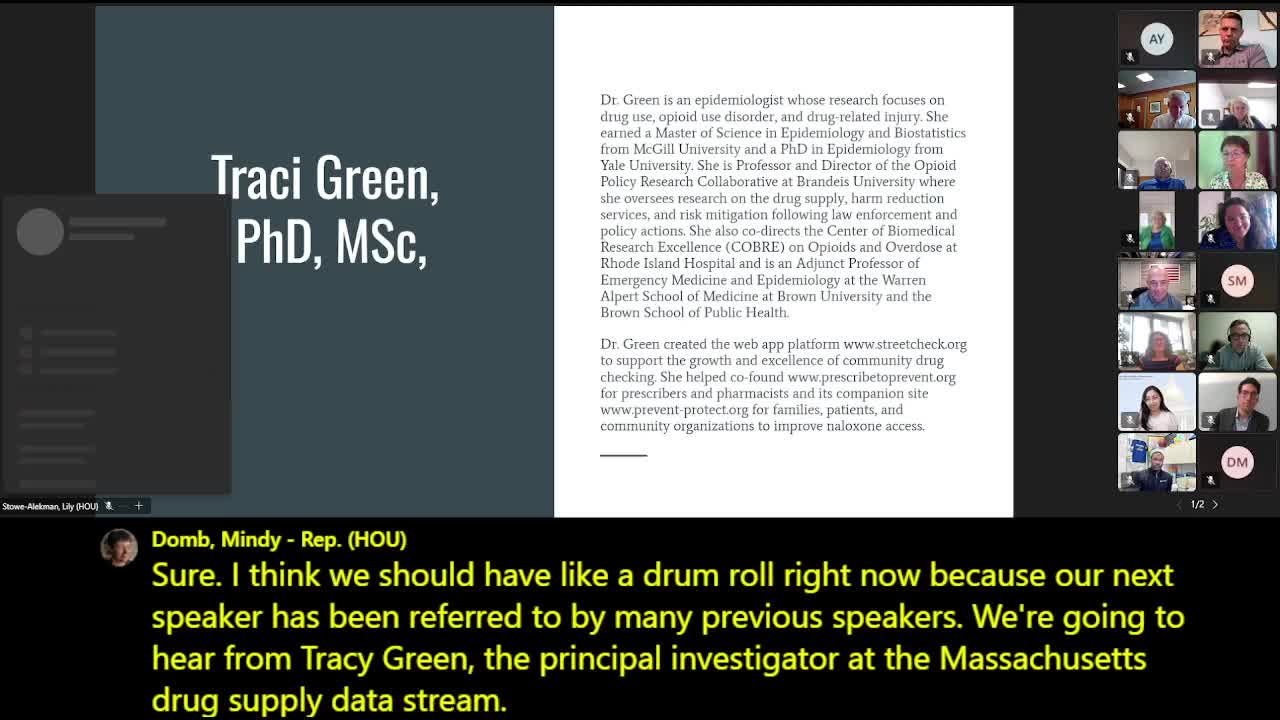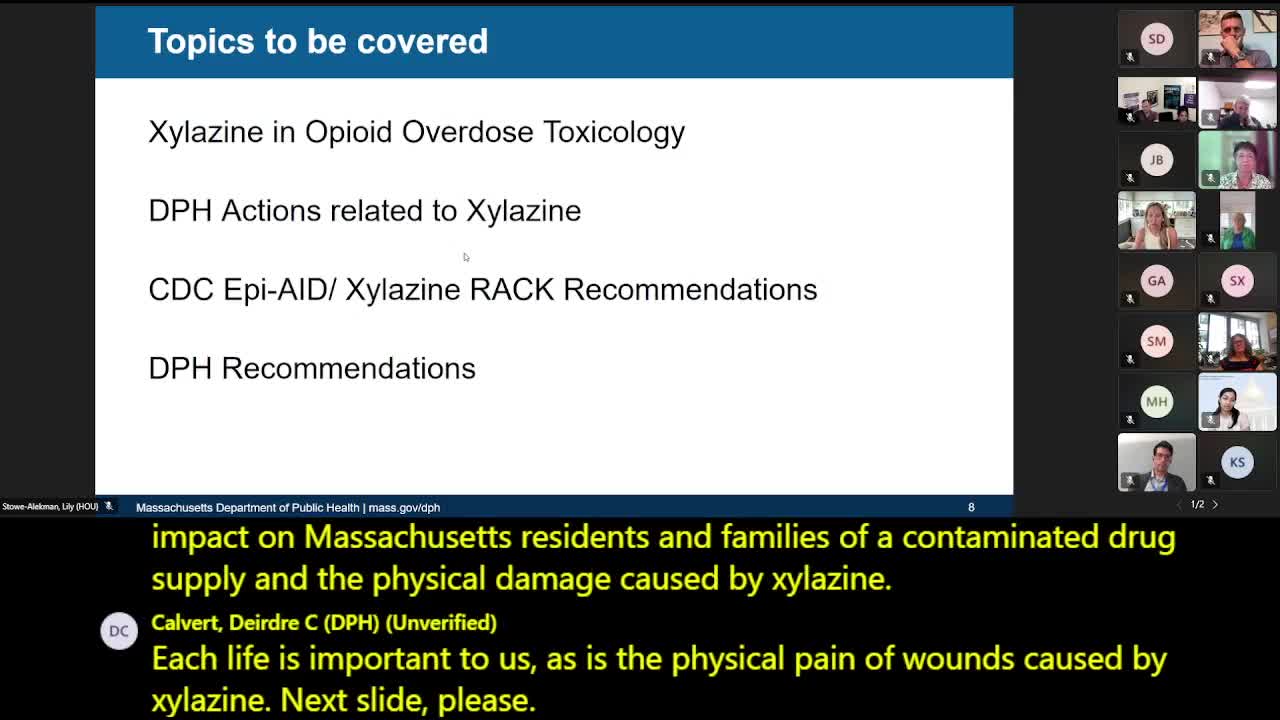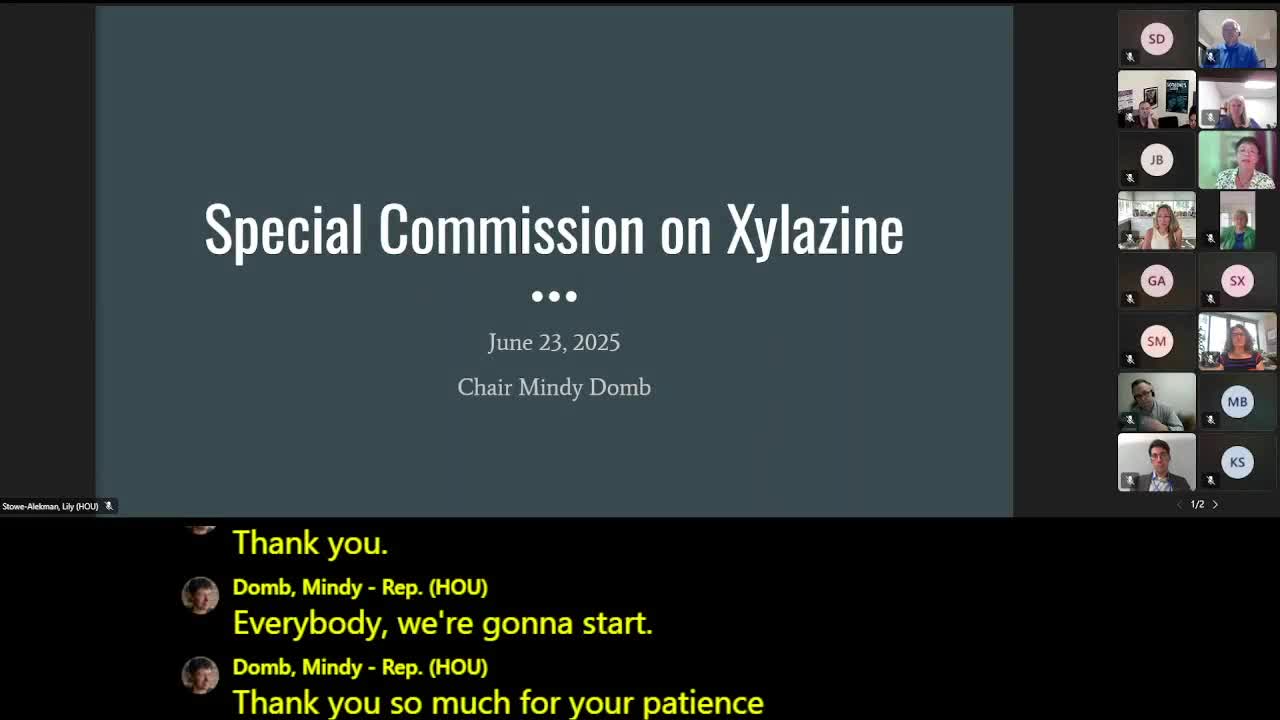Article not found
This article is no longer available. But don't worry—we've gathered other articles that discuss the same topic.

Massachusetts drug‑checking network shows Xylazine emergence in 2020–2022 then decline; metetomidine rising — MADS urges expanded, funded testing hubs

Clinicians and harm‑reduction providers: Xylazine linked to deep wounds, prolonged sedation; low‑barrier wound care and overdose training urged

